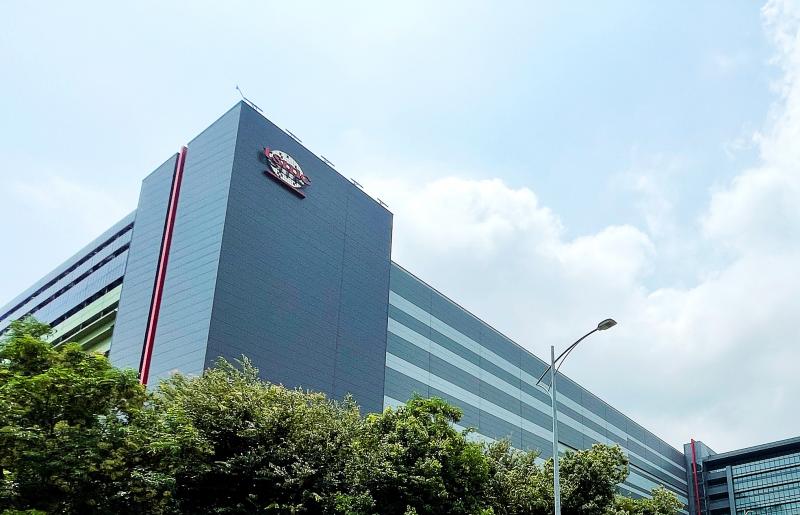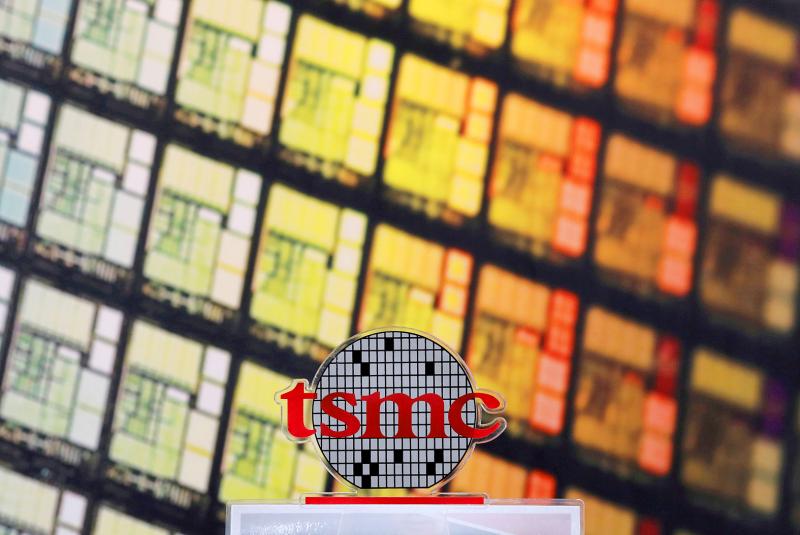On Aug. 23, 1942, the German 6th Army reached the outskirts of Stalingrad, beginning the long struggle there that ended in catastrophic German defeat. The city housed, among other things, the famous Stalingrad Tractor Works, designed and built with American help and kitted out by American and German engineers in the 1920s, but German interest in that factory was entirely tactical. The Germans did not invade Russia to obtain its factories, and their destruction or movement east out of the path of the Germans — along with the destruction of farms and grain stocks and other resources — did not stop the Germans from continuing their advance.
Similarly, the invasion of Czechoslovakia in 1939 did not occur because the Germans wanted the Skoda Works, a global concern that manufactured everything from piping for canals and power plants to artillery for battleships. Had the Czechs somehow entirely demolished that sprawling firm and its numerous facilities, the German annexation would still have gone forward.
One could widen this observation to the Citroen plants in France or the Fokker factories in the Netherlands. The Germans did not annex those two nations, or indeed, any other nation, in order to obtain its factories. Though the two centuries since the Industrial Revolution have seen innumerable imperialistic wars, this writer is unable to find an example of a nation that has invaded another because it had a highly important and productive factory it coveted, or was deterred from doing so by the owner’s threat to destroy such facilities.

Photo: Reuters
Most educated readers are aware of this. Thus, it will likely come as a shock to learn that the US Army War College’s most-downloaded paper of last year was one arguing that in the event of an invasion the US should destroy the TSMC semiconductor manufacturing facilities in Taiwan, and that this threat would have a deterrent effect on Beijing: “Broken Nest: Deterring China from Invading Taiwan” by Jared McKinney and Peter Harris (Parameters, Winter 11-17-2021, free to download).
The authors conceive of this policy as part of a broader scorched earth program of “assuring China an invasion of Taiwan would produce a major economic crisis on the mainland.” The key to this, they contend, is making the threat of destruction of TSMC’s facilities absolutely credible. The leverage for this comes from the fact that China, despite massive investments in semiconductors, “only 6 percent of semiconductors used in China were produced domestically in 2020.” Hence China, along with the rest of the world, is heavily dependent on South Korean and Taiwanese semiconductor makers. They even have that rarest of rare birds, a historical comparison, with Sweden in World War II, which they claim “made an analogous threat of selective scorched earth during World War II with reference to its iron ore mines,” whose output Nazi Germany desperately needed.
Suspicious, I dug up the paper (actually the text of a speech) they cite for the Swedish comparison (“A Test of Neutrality: Sweden in the Second World War,” M. Gunnar Hagglof, International Affairs (Royal Institute of International Affairs 1944-), Vol. 36, No. 2 (Apr., 1960), pp. 153-167). In it the author states: “During the autumn of 1939, I had several times occasion to tell German delegates that, even if the iron ore mines, as such, could not be quickly destroyed, it would be the action of a moment to blow up the indispensable power stations.” However, nowhere does he say that his warnings had any effect on the Germans, nor did he have any way to know whether they did. Moreover, in a longer discussion in the paper, he notes that Sweden was saved from invasion during the critical summer of 1940 to 1942 period not because Germany was deterred by its armed neutrality or threats to the iron mines, but because Hitler’s mind was focused elsewhere. During that period, Germany could have taken Sweden any time it wanted, if it felt like expending the resources to do it. He also notes that after Germany acquired the French iron mines Sweden was less important. As for deterrence, had the Germans won the war, how long would Sweden have remained free?

Photo: Reuters
It is highly unlikely that his words about the iron mines had a deterrent effect. Compared to how much rebuilding the Germans were planning to do in Russia had they won and were doing at home after the constant Allied bombing attacks, fixing a couple of power stations in Sweden would have been a Sunday outing. Similarly, the Japanese knew the Dutch would destroy the oilfields in Indonesia if the Japanese attacked them, but this did not deter Japan from seizing them. In any case, by now it has occurred to the reader that natural resources are utterly unlike factories.
The same is true of China. “Broken Nest” authors McKinney and Harris say their strategy is to turn Taiwan into an economic millstone for Beijing, “positively costly to maintain.” In fact, wrecking TSMC would likely reduce the cost of maintaining Taiwan, since the occupier would no longer have to schlep raw materials to its plants and ship out its finished products. What gutting TSMC would do is raise rebuilding costs, which would stimulate China to rebuild the plants in China rather than continue operating them in Taiwan.
The truth is there is no need to destroy the chip foundries to make Taiwan costly to maintain: as this writer has noted before, Taiwan is totally dependent on food and energy and raw materials from the outside. Simply possessing Taiwan, even with all its factories intact, will create major problems of food and raw materials supply for Beijing. Semiconductor plants in Taiwan run on raw materials from elsewhere, which Beijing will have to run through an allied blockade to reach Taiwan. The finished products will then have to be shipped out through that same blockade, all while fighting a war against, minimally, the US and Japan.
Militaries are like centipedes, with a face full of vicious weapons but a long and vulnerable logistical tail behind. In Washington and Tokyo and Beijing no doubt many planners have run simulations of the amount of shipping Beijing will require to keep Taiwan humming, supply its own needs and prosecute a major war, against expected losses, and said to themselves “nope, can’t do it.”
Two simple truths should lay to rest this bizarre fantasy of McKinney and Harris. The first is that China wanted Taiwan long before TSMC was churning out chips, and would want it even if TSMC had never existed. It wants Taiwan because, like Nazi Germany, it is an expansionist power driven by racist ideologies and racist history.
The other truth is that scorched earth responses to invasions do not deter invaders. Either the invader has invariably done his research and knows it will happen, and factors that into his logistical and economic calculations, or the invader simply doesn’t give a damn. In the China-Taiwan scenario, likely both of these apply.
Leave TSMC alone. If Taiwan is liberated, the world will need it, and if we are occupied, a functioning economy that keeps Taiwanese employed will be an important foundation of resistance to Chinese rule.
Notes from Central Taiwan is a column written by long-term resident Michael Turton, who provides incisive commentary informed by three decades of living in and writing about his adoptive country. The views expressed here are his own.

Towering high above Taiwan’s capital city at 508 meters, Taipei 101 dominates the skyline. The earthquake-proof skyscraper of steel and glass has captured the imagination of professional rock climber Alex Honnold for more than a decade. Tomorrow morning, he will climb it in his signature free solo style — without ropes or protective equipment. And Netflix will broadcast it — live. The event’s announcement has drawn both excitement and trepidation, as well as some concerns over the ethical implications of attempting such a high-risk endeavor on live broadcast. Many have questioned Honnold’s desire to continues his free-solo climbs now that he’s a

As Taiwan’s second most populous city, Taichung looms large in the electoral map. Taiwanese political commentators describe it — along with neighboring Changhua County — as Taiwan’s “swing states” (搖擺州), which is a curious direct borrowing from American election terminology. In the early post-Martial Law era, Taichung was referred to as a “desert of democracy” because while the Democratic Progressive Party (DPP) was winning elections in the north and south, Taichung remained staunchly loyal to the Chinese Nationalist Party (KMT). That changed over time, but in both Changhua and Taichung, the DPP still suffers from a “one-term curse,” with the

Jan. 26 to Feb. 1 Nearly 90 years after it was last recorded, the Basay language was taught in a classroom for the first time in September last year. Over the following three months, students learned its sounds along with the customs and folktales of the Ketagalan people, who once spoke it across northern Taiwan. Although each Ketagalan settlement had its own language, Basay functioned as a common trade language. By the late 19th century, it had largely fallen out of daily use as speakers shifted to Hoklo (commonly known as Taiwanese), surviving only in fragments remembered by the elderly. In

Lines between cop and criminal get murky in Joe Carnahan’s The Rip, a crime thriller set across one foggy Miami night, starring Matt Damon and Ben Affleck. Damon and Affleck, of course, are so closely associated with Boston — most recently they produced the 2024 heist movie The Instigators there — that a detour to South Florida puts them, a little awkwardly, in an entirely different movie landscape. This is Miami Vice territory or Elmore Leonard Land, not Southie or The Town. In The Rip, they play Miami narcotics officers who come upon a cartel stash house that Lt. Dane Dumars (Damon)